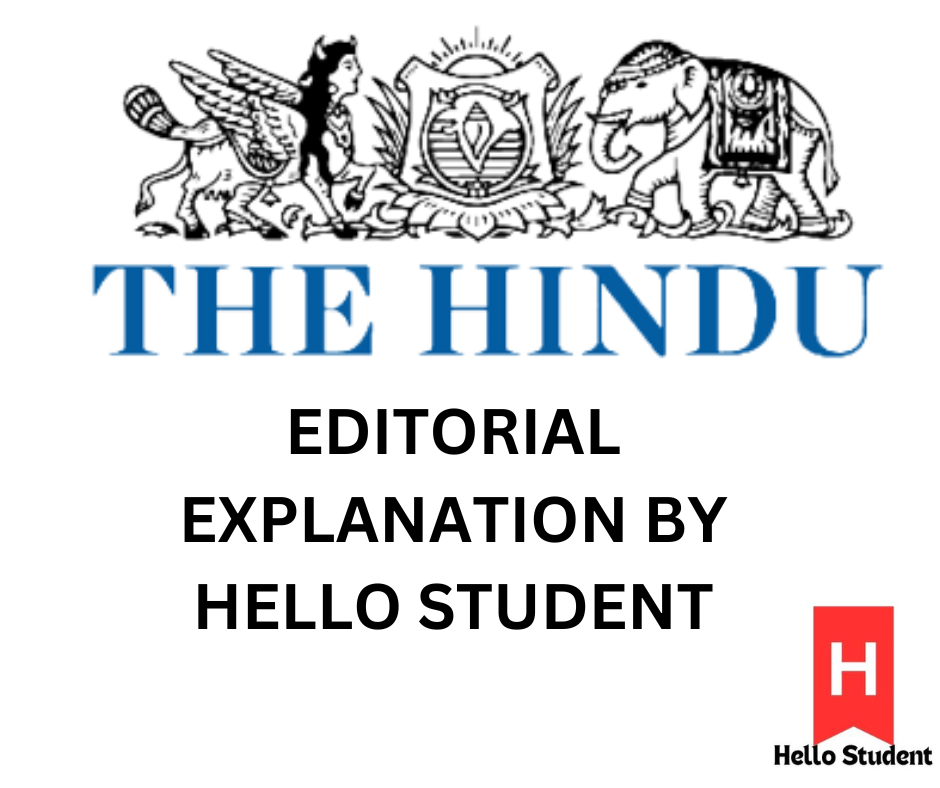This article sheds light on the difficulties poor people in India face when trying to access food through the Public Distribution System (PDS).
The PDS is designed to provide essential food items like rice and wheat at low prices to families in need.
However, in states like Jharkhand, Odisha, and Bihar, many households have been unfairly removed from the system. This has left them without access to the food they are entitled to.
The situation is especially dire for marginalized communities like the Musahars in Bihar, who already endure severe poverty and caste-based discrimination. These systemic failures have only deepened their struggles.
Many families either lack ration cards entirely or have incomplete cards that do not list all family members.
This leads to families receiving less food than they need. During the COVID-19 pandemic, when food insecurity was at its peak, these problems became even more pronounced.
Despite the urgent need for assistance during that time, many families were left without any support. Sadly, these challenges persist, leaving vulnerable communities in a constant state of food insecurity.
Another major problem is the biometric verification system introduced at ration shops. People must scan their fingerprints or provide other biometric data to access their rations.
However, technical glitches or system errors often result in people being unable to verify their identity. When this happens, their names are removed from the PDS rolls, and they are forced to apply for new ration cards.
This lengthy process leaves many families without food for extended periods, further worsening their plight.
Even those who remain in the PDS face issues of corruption. Families entitled to 5 kilograms of food per person often receive only 4 kilograms, and the rice they are given is of very poor quality.
Wheat, which is supposed to be part of their entitlement, is not provided at all. These irregularities make it difficult for families to meet their basic nutritional needs, highlighting the inefficiency and unfair practices within the system.
The process of applying for a ration card is another challenge. Officials frequently demand additional documents, such as caste certificates, income proof, and residence certificates.
These requirements are not mandated by law under the National Food Security Act (2013), but they are still imposed on applicants, creating unnecessary hurdles. Poor families, who often lack these documents, struggle to complete their applications.
Although the government has introduced online applications to make the process easier, many people, especially those from marginalized communities, lack the resources or knowledge to navigate these systems.
This reliance on digital processes has further alienated those who need the system the most.
Because of these barriers, many people turn to middlemen for help. These middlemen exploit vulnerable families, charging them large sums of money—often over ₹3,000—to assist with getting a ration card.
In many cases, the middlemen take the money and disappear without delivering the promised card.
This exploitation only adds to the hardships of families who are already struggling to make ends meet.
Even when families successfully apply for a ration card, they face long delays in receiving it. According to the rules, ration cards should be issued within 30 days of application.
However, many applications remain pending for months, with some delays stretching as long as 18 months.
During this time, families have no access to the food they desperately need, leaving them in a state of constant uncertainty and hunger.
The article points out that the government seems more focused on ambitious projects like “smart cities” rather than addressing basic issues like hunger and poverty.
Despite being aware of the flaws in the PDS, the government has done little to resolve them. This lack of action has allowed corruption and exploitation to thrive, worsening the situation for the poorest and most vulnerable.
The right to food is a fundamental right in India, recognized by the courts over 20 years ago. However, bureaucratic hurdles, corruption, and delays have made this right inaccessible for many.
The PDS, which was meant to fight hunger and ensure food security, is failing to serve its purpose.
Urgent reforms are needed to fix these systemic issues so that no one in India has to suffer from hunger or food insecurity.
.
.
.
join our telegram channel for regular updates of The Hindu Epaper Editorial Explanation-https://t.me/Thehindueditorialexplanation
The Hindu Epaper Editorial Explanation given by Hello Student is only a supplementary reading to the original article to make things easier for the students.
In conclusion, preparing for exams in India can be a daunting task, but with the right strategies and resources, success is within reach. Remember, consistent study habits, effective time management, and a positive mindset are key to overcoming any academic challenge. Utilize the tips and techniques shared in this post to enhance your preparation and boost your confidence. Stay focused, stay motivated, and don’t forget to take care of your well-being. With dedication and perseverance, you can achieve your academic goals and pave the way for a bright future. Good luck!
The Editorial Page of The Hindu is an essential reading for all the students aspiring for UPSC, SSC, PCS, Judiciary etc or any other competitive government exams.
This may also be useful for exams like CUET UG and CUET PG, GATE, GMAT, GRE AND CAT
To read this article in Hindi –https://bhaarat.hellostudent.co.in/

